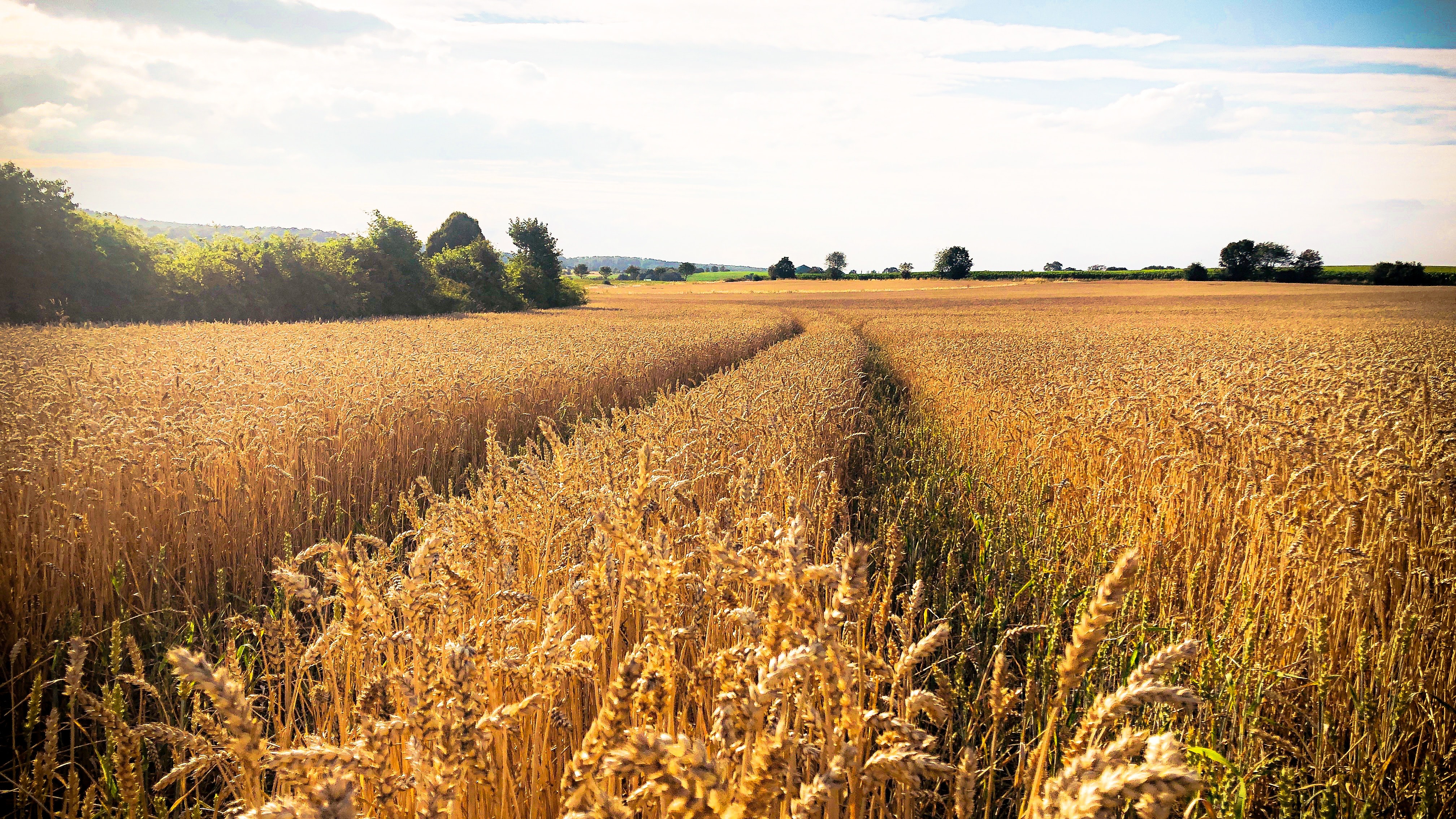Share This
Whole Foods Market announced their list of upcoming 2022 food trends this week, and we’re especially excited to see that “Grains that Give Back” is highlighted as a top trend to watch. According to Whole Foods Market, this term refers to grains that help support soil health and environmental sustainability. As a way to taste the trend for yourself, the grocery chain recommends a variety of sustainable grain products, including an organic mac and cheese made with whole wheat, or a whole grain cereal made with oats and perennial grain Kernza®.
The “Grains that Give Back” trend reflects patterns that we’re also seeing here at the Oldways Whole Grains Council. According to our 2021 Whole Grain Consumer Insights Survey, two thirds of consumers recognize whole grains as sustainable and environmentally friendly. Additionally, 19% of consumers report that sustainability is a factor in choosing whole grain foods, and among Gen Z and Millennial consumers, that number is even higher (26%).
If you want to include more “Grains that Give Back” in your diet this year, whole grains are a fantastic place to start. As a whole, grains are far less thirsty (requiring only 0.51 liters of water to produce 1 calorie of food) than nearly any other crop (such as vegetables, at 1.34 liters per calorie, fruits, at 2.09 liters per calorie, or beef, at 10.19 liters per calorie). What’s more, many whole grains like triticale, rye, oats, and barley can protect against soil erosion and deliver nutrients back to the soil, making them healthy foods for farmers to include in their crop rotation. Due to whole grains’ nutritional and environmental benefits, the EAT-Lancet report on sustainable healthy diets recommends 8 ounces (servings) of whole grains daily – more than nearly any other food group.
Within the world of whole grains, a few distinguish themselves as being particularly environmentally friendly. Kernza® is a variety of wheat that is a perennial, rather than an annual. The benefit of a perennial plant is that it stays in the ground for many years, sending down long drought-resistant roots that anchor and replenish the soil. Teff, einkorn, proso millet, and pearl millet also stood out as our team was researching the most sustainable whole grain.
The way a crop is grown and processed can also impact how much it gives back to (or takes from) the earth. Organic farming generates fewer greenhouse gas emissions and supports more resilient soils than chemical farming. Further, utilizing grains in their whole grain form (without sifting out the bran and germ) can help generate more food with less waste. For example, one bushel of wheat is enough to yield 60 loaves of whole grain bread, but only 42 loaves of white bread.
Given the extreme weather patterns surfacing over the past few years, it stands to reason that interest in environmentally friendly diets is here to stay. If you’re looking for “Grains that Give Back,” the best place to start your search is by exploring the wonderful world of whole grains. This resilient, climate-friendly food group is a top choice to nourish both people and the planet. (Kelly)


Comments
Add a Comment